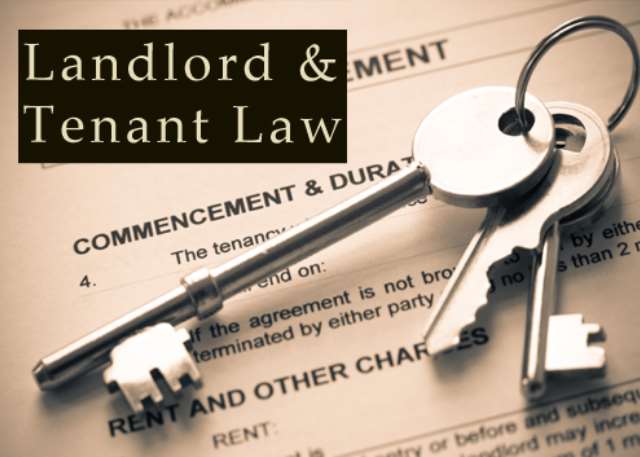The Ghana Revenue Authority (GRA) in Agona Swedru is embarking on an intensive public education and sensitization campaign to enhance tax compliance and achieve its revenue targets. The campaign specifically focuses on rent tax, an area where compliance remains a significant challenge. Many landlords misunderstand or deliberately ignore their obligations regarding this tax, often conflating it with property rates collected by local assemblies. The GRA aims to clarify the distinction between these two levies and emphasize the legal requirement for landlords who profit from rented properties to pay rent tax.
Rent tax, as defined by Ghanaian tax law, applies to income generated from renting out properties. This encompasses both residential and commercial rentals. When a landlord rents a room or an entire building to a tenant, they are legally obligated to pay rent tax on the profit derived from that rental income. This obligation extends to landlords who lease properties to companies and institutions. The GRA’s educational campaign aims to clarify this legal requirement and dispel the common misconception that paying property rate absolves landlords from their rent tax obligations.
A key challenge the GRA faces is the conflation of rent tax with property rates. Many landlords mistakenly believe that paying property rates to their respective Metropolitan, Municipal, or District Assemblies fulfills their tax obligations concerning rental income. However, property rates are distinct from rent tax. Property rates are levied by local governments on property owners based on the assessed value of their properties, while rent tax is a national tax levied by the GRA on the rental income generated by landlords. The GRA’s public education efforts are geared toward clarifying this distinction and emphasizing that both taxes are separate obligations.
The GRA’s campaign also aims to clarify the specific details of rent tax computation and remittance. For residential rentals, the rent tax is calculated at 5% of the total rent collected from tenants. For commercial rentals, where a property is leased to a company or institution, the rent tax rate is higher, set at 15% of the rental income for each transaction. The GRA emphasizes that it is the landlord’s responsibility to remit these taxes to the government through designated channels. Failure to comply with these regulations can lead to penalties, including prosecution and potential jail sentences.
To further strengthen compliance, the GRA has indicated its intention to take legal action against defaulting landlords. This measure aims to deter non-compliance and underscore the seriousness of fulfilling tax obligations. By pursuing legal action, the GRA sends a strong message that tax evasion will not be tolerated and that those who fail to comply with the law will face consequences. This approach complements the ongoing educational campaign, creating a multi-pronged strategy to improve rent tax compliance.
The GRA’s comprehensive approach, combining public education with the potential for legal action, underscores its commitment to enhancing revenue collection. By clarifying the legal requirements regarding rent tax and actively pursuing defaulters, the GRA aims to create a fairer and more efficient tax system. This, in turn, will contribute to national development by providing the government with the necessary resources to fund essential public services. The continued success of this initiative relies on the cooperation of landlords and tenants alike, working together to ensure that the tax system operates effectively.


